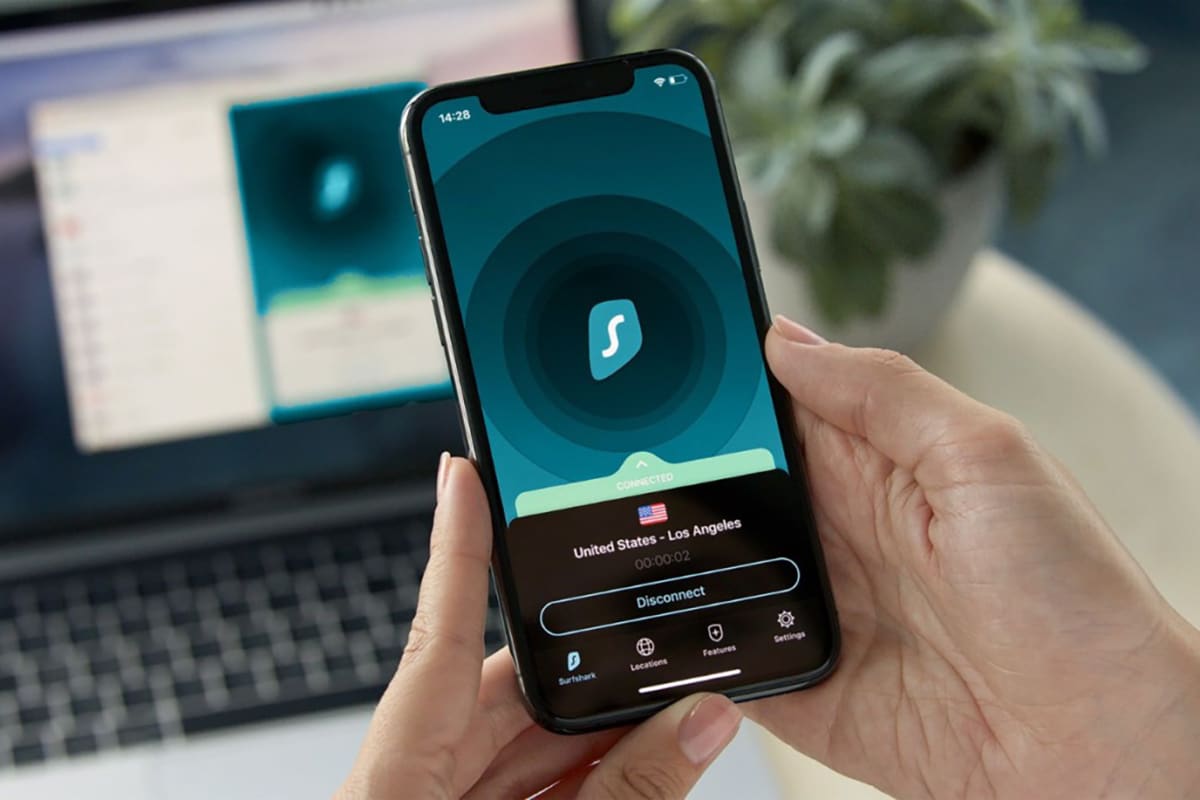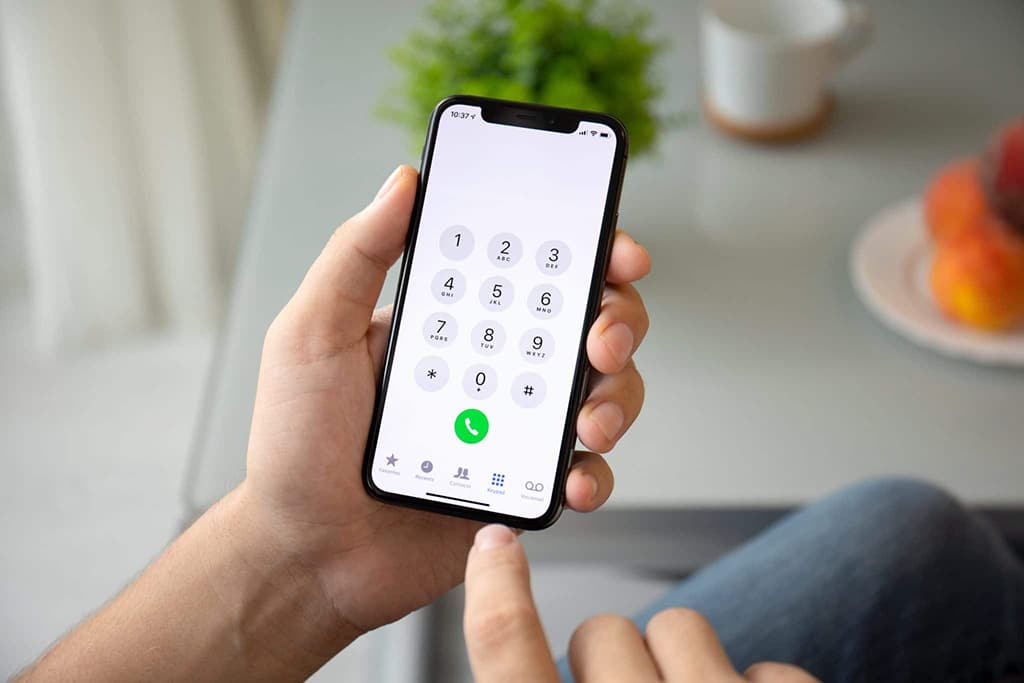WhatsApp has become one of the most widely used messaging platforms worldwide, with over 2 billion monthly active users as of 2022. The app‘s widespread adoption, convenient features like encrypted messaging and video calling, and integration with other social platforms like Facebook have made it a favorite way for people to communicate personally and professionally.
However, this ubiquity and reliance on WhatsApp also comes with significant risks of abuse and hacking. Cybercriminals are constantly developing new techniques to hack into WhatsApp accounts and exploit them for financial fraud, identity theft, spreading malware and extracting sensitive information.
One of the most common and effective ways to hack someone‘s WhatsApp account is by gaining access to their chat history and data via Google Drive backups.
In this detailed guide, we will walk through how WhatsApp backs up data to Google Drive, techniques hackers use to access these backup files, and ways users can better protect themselves against potential attacks.
The Growing Threat of WhatsApp Hacking
Recent years have seen an explosion in hacking and scams targeting popular messaging platforms:
- Losses due to social media hacking and scamming exceeded $57 million dollars in 2021 according to the Financial Industry Regulatory Authority.
- WhatsApp alone saw 120 million attempted cyber attacks between August 2021-2022 according to a Meta internal report, primarily through message-based phishing techniques.
- 13% of organizations surveyed reported having critical data accessed after a messaging app account compromise, according to Trend Micro.
Hackers have many motivations to hijack a WhatsApp account, whether it‘s to:
- Access personal photos, messages and contacts to use as blackmail
- Take over account ownership to collect new information
- Masquerade as the user to social engineer contacts and spread malware
- Steal business secrets and sensitive documents transmitted via WhatsApp
With cybercrime damage projected to cost $10.5 trillion annually by 2025, businesses and individuals must prioritize securing popular platforms like WhatsApp.
Overview of WhatsApp Google Drive Backups
WhatsApp provides a convenient built-in option to back up a user‘s entire chat history and media to cloud storage. This allows preserving messages and seamlessly migrating data when switching phones.
By default, WhatsApp is configured to periodically back up chats, photos, videos and settings to the user‘s Google Drive account. The feature needs to be enabled under WhatsApp > Settings > Chats > Chat Backup > Backup to Google Drive.
Once enabled, WhatsApp will automatically backup the following data to Google Drive:
- Entire message history across all chats
- Media files like photos, videos and voice messages
- Contact names and phone numbers
- WhatsApp settings and configuration
The backup files are stored in the Google Drive app folder, under WhatsApp/Databases. Important databases include:
msgstore.db.crypt– stores all chat history and media metadatawa.db.crypt– contains registered WhatsApp account info and preferences
By default, WhatsApp encrypts Google Drive backups using a unique key only stored on the user‘s phone. This prevents unauthorized access to the backup files.
However, many users choose to disable backup encryption, inadvertently exposing their chat history if the Google Drive account is compromised.
Manual Techniques to Extract WhatsApp Backups from Google Drive
Gaining access to an unencrypted WhatsApp backup on Google Drive provides full access to the user‘s recent chat history. Here are some manual techniques hackers employ:
Using Google Drive App and Web Access
If you can directly log in to the target‘s Google Drive account through the desktop/mobile apps or web browser, you can manually browse and download their WhatsApp backup files.
Note: Ensure 2-factor authentication is disabled on the target‘s Google account before logging in.

- Locate the
WhatsApp/Databasesfolder. - Search for files like
msgstore.db.cryptandwa.db.crypt. - Download these databases and decrypt if possible.
Bulk Downloading Google Drive Contents
Various third-party tools like rclone allow programmatically transferring or mirroring an entire Google Drive account to your local computer:
rclone copy remote:drive/mydrive /local/path --drive-chunk-size 256MYou can then manually comb through the downloaded files to uncover the WhatsApp backup database.
Transferring Backups to a Phone
Another technique involves:
- Logging in to Google Drive on a computer using target‘s credentials.
- Connecting a spare phone to the computer.
- Using file explorer to transfer the WhatsApp backup from Google Drive to the phone‘s storage.
- Installing WhatsApp on the phone and restoring chats & data from this backup.
This allows accessing all available chat history extracted from the cloud account.
Accessing via Public WiFi Hotspots
When the target device backs up to Google Drive over an open WiFi network, the authentication tokens and session data is exposed. These can be intercepted through techniques like ARP spoofing or SSL stripping to gain temporary access to the Google account.
Downloader Apps and Web Services
There are various downloader tools and online services that claim to be able to index and retrieve user data from Google Drive accounts by simply entering the credentials.
However, these services are not officially authorized by Google and violate their Terms of Service if used without permission.
Automated Hacking Tools and Methods
While manually downloading the backups provides full access, there are also tools and apps that automate hacking WhatsApp chat history from Google Drive:
WhatsApp Viewer Apps
Apps like WhatsAppX provide intuitive dashboards to access and view backups retrieved from cloud accounts:

After entering the target‘s Google Drive credentials, the app connects to the account, parses the backup files and extracts messages, media, contacts and other activity for convenient viewing.
Keylogger and Password Stealer Malware
One common hacking technique involves infecting the target device with malware that logs keystrokes and browser activity.
Once the user types in their Google credentials, this data is transmitted to the hacker who can then directly access the Drive and WhatsApp backups.
SIM Swapping
By transferring or porting the target‘s phone number to a SIM card controlled by the hacker, they can reset passwords and gain access to accounts secured by SMS-based 2-factor authentication.
Jailbreaking and Physical Access
If direct physical access to the device is possible, jailbreaking or rooting the device provides ways to extract the Google Drive backup files or decrypt them if needed.
WhatsApp Web Session Hijacking
By scanning a target‘s WhatsApp QR code and linking their account to WhatsApp Web, attackers can mirror messages in real-time as well as download backups.
Social Engineering for Credentials
Tactics like phishing emails and texts impersonating Google can trick users into revealing their login credentials which then enable access to cloud backups.
Securing Your WhatsApp Backups in Google Drive
While hacking WhatsApp via cloud backups is possible, users can take steps to significantly reduce these risks:
- Use a strong, unique password for your Google account and enable 2-factor authentication via an app or security key. This prevents brute forcing.
- Encrypt WhatsApp backups in Drive and do not store encryption key in the cloud. Set a complex password for the key.
- Limit apps connected to your Google Drive account to only those you explicitly trust and need. Disconnect unused third-party services.
- Avoid public WiFi when using WhatsApp Web or setting up new backups. Use a VPN if possible.
- Enable WhatsApp 2-step verification for added account security on top of Google 2FA.
- Manually backup chats you want to preserve, then disable Google Drive backups in WhatsApp settings if you have privacy concerns.
- Install reputable antivirus software to detect potential malware like keyloggers on your phone.
- Beware of phishing and only enter Google credentials directly on official Google websites. Avoid any suspicious login prompts.
"images": [
{
"image": [
"https://files.readme.io/0797a7e-securing-google-and-whatsapp-1.webp",
"securing-google-and-whatsapp-1.webp",
2000,
1333,
"#f7f8f9"
],
"sizing": "full"
}
] }
[/block]
The Ethical Quandary of Unauthorized WhatsApp Hacking
While understanding techniques like accessing Google Drive backups can help users bolster their own security, actually hacking accounts without consent raises significant ethical and legal concerns.
According to Brett Callow, threat analyst at Emsisoft:
“Hacking someone’s WhatsApp or accessing their Google Drive account without authorization is unethical and illegal in most countries. However well-intentioned, it’s still compromising someone’s privacy.”
Some key principles to consider:
- WhatsApp explicitly prohibits accessing accounts without permission in their Terms of Service. Hacking third-party accounts violates their policies.
- Cybercrime laws in most jurisdictions prohibit unauthorized access of online accounts and services. Legal penalties can be severe.
- Deceptive social engineering tactics that trick users into sharing private data are unethical and erode trust.
- Make sure you have clear consent before viewing private communications of your children or employee accounts if that is your intent.
- If researching security vulnerabilities, responsibly disclose issues to the vendor first before releasing any exploit code publicly.
In summary, while learning about potential WhatsApp and cloud hacking risks is important, be very cautious about actually leveraging such techniques without explicit permission. Prioritize user privacy.
Conclusion
WhatsApp has become a prime target for hackers due to widespread usage and reliance by both individuals and businesses. One common attack vector is accessing an unencrypted Google Drive backups of WhatsApp chat data.
Hackers can leverage various techniques to secretly extract private message history, contacts, photos and account info from cloud backups if not properly secured.
However, users can take measures like enabling backup encryption, using strong passwords, limiting app permissions and avoiding public WiFi to significantly reduce these risks.
At the same time, actively hacking into WhatsApp accounts without consent raises serious ethical concerns and can lead to severe legal consequences in many regions.
As digital security professionals, we have a responsibility to help educate users on both offensive and defensive techniques to better secure their private data, while still respecting privacy and acting ethically. This improves security for all.




